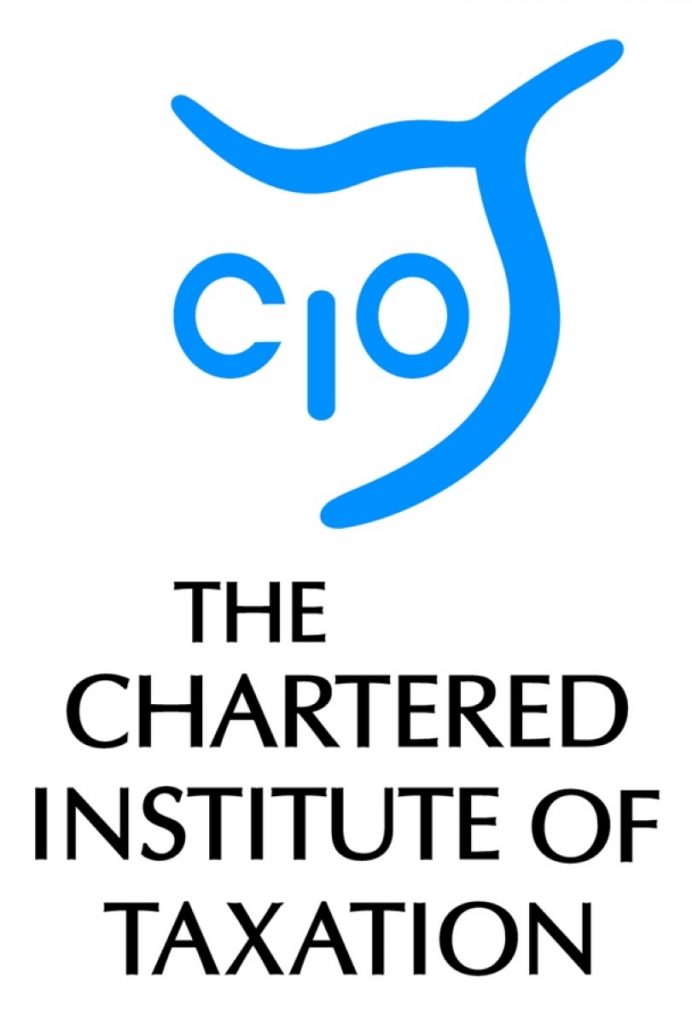Proposed new HMRC power to take directly from accounts risks flouting the rule of law
LITRG have strong concerns about the announcement in today’s Budget, that HMRC will have the power to take money directly from the bank accounts of tax debtors who owe more than £1,000 in tax or tax credits. This power is unprecedented in the UK and the announcement contained no details of any judicial or other safeguards that would protect taxpayers on low incomes struggling with debt problems – apart from a stipulation that a minimum of £5,000 would be left in debtors’ accounts.
Responding to the Chancellor’s Budget announced today, LITRG Chairman Anthony Thomas commented saying:
“HMRC say they will only use their new power where debtors ‘have the financial means to pay’ and have been asked for payment many times. It is unclear how HMRC will determine whether a debtor has the financial means to pay, or by what criteria this will be judged. It is not uncommon for people in straitened financial circumstances to put insistent demands for payment on one side if they lack the means to pay, or to satisfy the most pressing debtor at the expense of others.
“People who owe HMRC £1,000 or just over may simply be people on low incomes or low wages who have got into difficulties and are in debt not only to HMRC but also to others, notably public utilities. To let HMRC raid their bank accounts without safeguards or recourse to the courts – or with inadequate safeguards – would be to flout the rule of law in a manner unworthy of a public service body. It is not the same as seizing physical goods, it is depriving the debtor of the very means to live.
“Given the way HMRC continually fail to deal with taxpayers properly or fairly this provision is hugely worrying. To introduce such draconian measures without proper safeguards could well lead to an abuse of power. Besides, it would allow HMRC to steal a march on other creditors in the event of a bankruptcy, something which was abandoned long ago with the abolition of Crown preference in bankruptcy proceedings.”
Notes to editors:
1. The Low Incomes Tax Reform Group (LITRG)
LITRG is an initiative of the Chartered Institute of Taxation to give a voice to the unrepresented. Since 1998 LITRG has been working to improve the policy and processes of the tax, tax credits and associated welfare systems for the benefit of those on low incomes.
2. The Chartered Institute of Taxation (CIOT)
The CIOT is the leading professional body in the United Kingdom concerned solely with taxation. The CIOT is an educational charity, promoting education and study of the administration and practice of taxation. One of our key aims is to work for a better, more efficient, tax system for all affected by it – taxpayers, their advisers and the authorities. The CIOT’s work covers all aspects of taxation, including direct and indirect taxes and duties. Through our Low Incomes Tax Reform Group (LITRG), the CIOT has a particular focus on improving the tax system, including tax credits and benefits, for the unrepresented taxpayer.
The CIOT draws on our members’ experience in private practice, commerce and industry, government and academia to improve tax administration and propose and explain how tax policy objectives can most effectively be achieved. We also link to, and draw on, similar leading professional tax bodies in other countries. The CIOT’s comments and recommendations on tax issues are made in line with our charitable objectives: we are politically neutral in our work.
The CIOT’s 17,000 members have the practising title of ‘Chartered Tax Adviser’ and the designatory letters ‘CTA’, to represent the leading tax qualification.





-01.png)